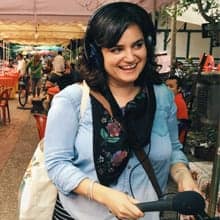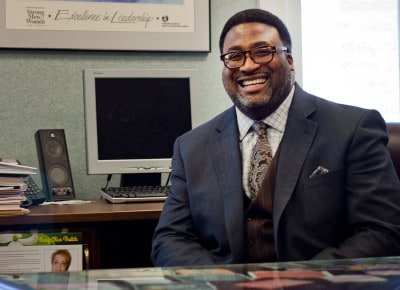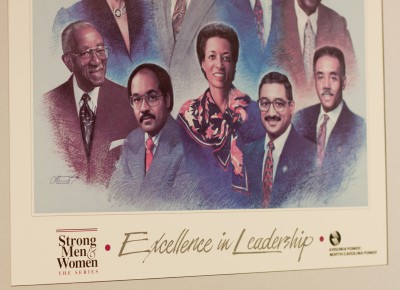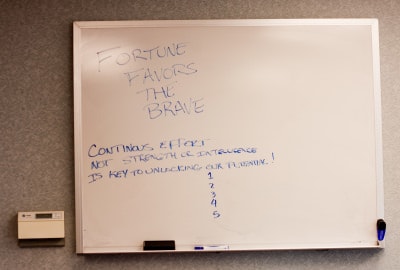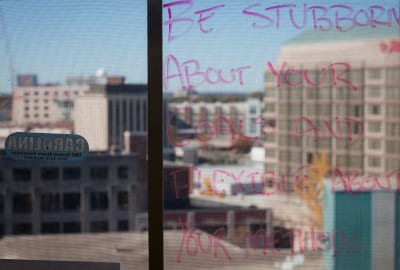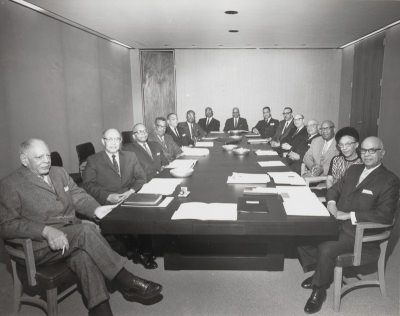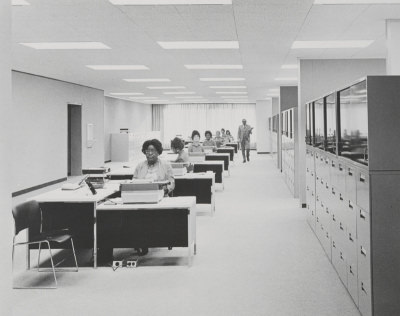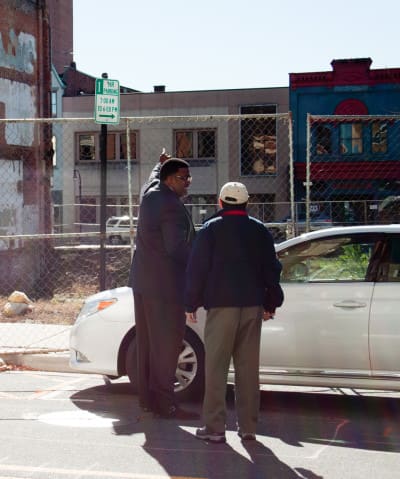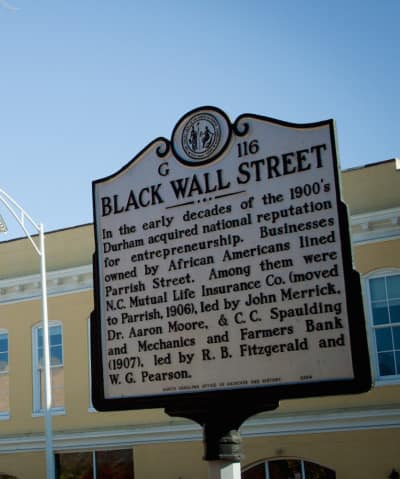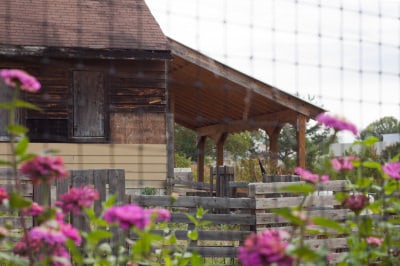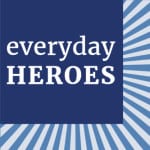

The atmosphere in the room was charged. Every seat was taken, and all eyes were on Chair Heidi Carter as she spoke at the June 27, 2013 Durham Public Schools (DPS) board meeting. “We believe that our public schools belong to the people and that a system is strong when it is responsive to input from the community,” she explained. Minutes later, the board voted 3 to 3 — divided along racial lines — against a proposal to develop an all-male school in Durham.
Today, community members are turning this idea into a reality by piloting a summer academy for young men in kindergarten through eighth grade.
The original idea was a novel one, catalyzed by a year of disheartening news from the school system. That April, Advocates for Children’s Services, a project of Legal Aid of North Carolina, and the Center for Civil Rights Remedies at the Civil Rights Project of UCLA, filed a complaint against DPS. Durham’s schools were suspending too many young men of color (14.1 percent black versus 3.3 percent white).1 Males were also dismally behind DPS performance goals: only 55 percent of males read at or above grade level.2
Then-superintendent Dr. Eric J. Becoats assembled a taskforce of community leaders and educators to propose a solution to this problem. The proposal they developed, “Minority Male Achievement in Durham Public Schools,” outlined plans to pilot a school designed especially to help young men across Durham county excel — African American, Hispanic, Asian, and other minorities.
One of the strongest voices of community support was Farad Ali, previous City Council member and president and CEO of The Institute for Economic Development. As part of the proposal taskforce, Ali took the floor in 2013 and addressed the board in support of the all-male academy.
“I support the Single Gender Academy. I am a product of Durham Public Schools and I am very concerned about the high school graduation rate for African American males. I feel this academy would support at-risk students from low economic families and be a systemic solution.” — Farad Ali, June 27, 2013 (DPS Board Meeting Minutes)
![]()
![]()
![]()
![]()
Ali has a presence which fills the room: he is over six feet tall, he laughs loudly and deeply, and he tends to explain complex economic principles in grand metaphors. Then, as now, Ali sees an all-male education program as a way to address a pressing need and increase success and prosperity — for everyone.
“If we don’t invest in these crops the way we need to invest in them,” Ali explains, referring to young men in DPS, “If you fertilize them sparingly, you’re going to get a sparse crop.” In his view, it is mentors that motivate students to succeed in school. Teachers at such an academy could be better poised to ask, as he says, “What happened to you?” instead of “What’s wrong with you?”
Ultimately, this 2013 proposal met unsurmountable challenges. Opposing arguments raised issues of cost, constitutional concerns over dividing students along lines of gender or race, and addressed the cons of investing in one specialty school versus instigating system-wide change. Heidi Carter, Natalie Beyer, and Leigh Bordley voted against the school, while Minnie Forte-Brown, Pastor Fredrick Davis, and Omega Curtis Parker voted in favor. Over the coming months, the proposal was diluted and changed, but the idea was dead in the water for DPS. Controversy in Durham followed. Carl Kenney wrote in The Durham News, “At the root of the divide is the perception that white board members are incapable of hearing what the black community needs.”3
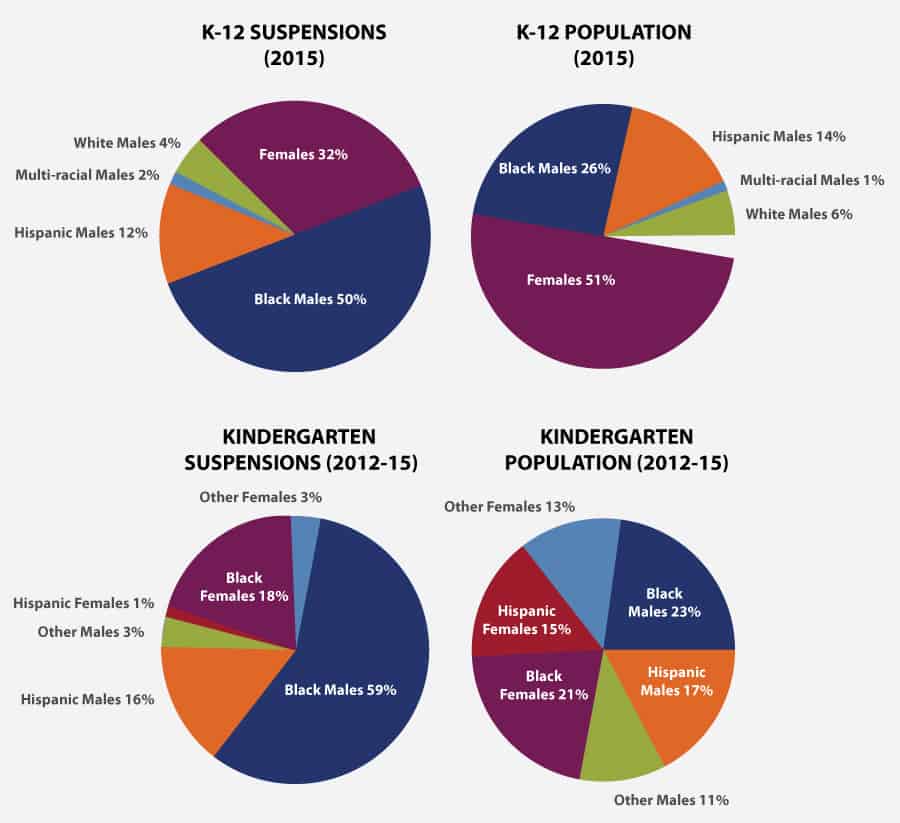

“You can’t kick cans down the road because they are lives,” Ali said. “If it was just cans, fine, but we’re talking about lives.” DPS continues to generate shocking statistics. Black and hispanic males are disproportionately suspended, even from kindergarten. According to the Durham chapter of My Brother’s Keeper, 59 percent of suspended kindergarten students in DPS were black males (2012-2015).
Ali, together with a few members of that original community taskforce, continue to advocate for education designed specifically to support these young men’s academic and social needs.
Would such a school still be good for Durham?




“When I see a young man who’s struggling, I see me,” says Ali. His downtown Durham desk is covered in motivational phrases, and 1-2-3 steps to success are written in marker on the windows and the wall. To Ali, ever a businessmen, he sees helping others as an investment in our shared prosperity. “Investment in me came from many people believing in me along the way — coaches, teachers, parents, and influencers.”
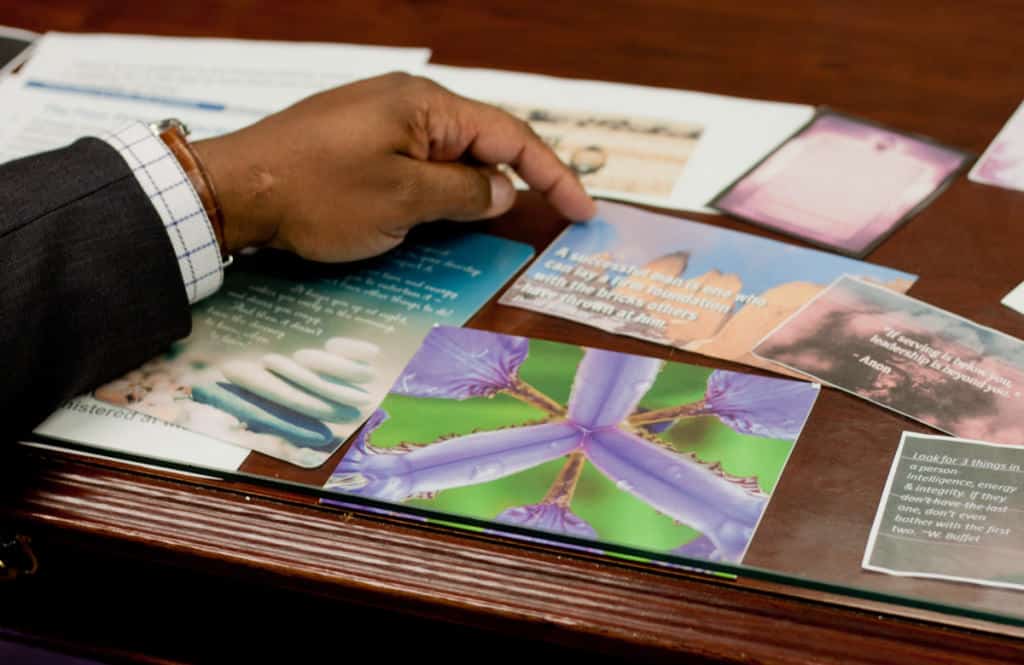

Hear Ali on the teachers that impacted him the most:
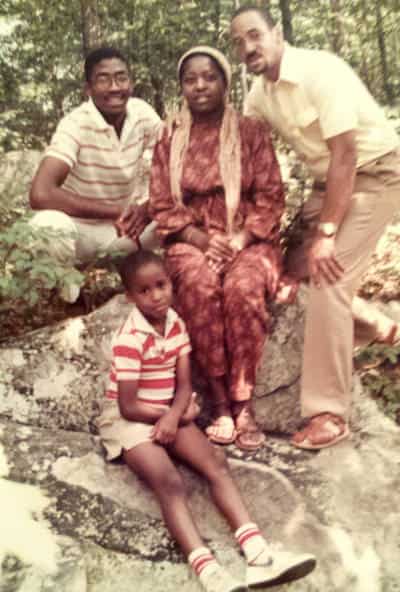

He knows he was lucky. In the 1970s, he moved with his younger brother and parents from Brooklyn, NY, to Durham. “In New York we lived in a building where you took the elevator or walked the stairs, there were not many trees,” says Ali. His father was transferred to IBM’s Research Triangle Park location, and the Alis qualified for a VA loan for a home near the historic and wealthy Hope Valley neighborhood. Ali entered Durham County Schools — then favorable to Durham City Schools (the system wasn’t combined until 1992).
In his new school, he learned about “not just vacations to Coney Island, but vacations to Cancun and Costa Rica and Europe.” His social group “changed my perspective, allowed me to learn of new cultures,” says Ali. He began to see college as an expectation, and two teachers in particular encouraged him to excel in math and English. Ali landed a summer internship at BB&T through INROADS, and went on to major in business at Carolina and earn his MBA at Campbell University.
Ali worked as a banker for over a decade, served on Durham City Council between 2007 and 2011, and became president and CEO of The Institute in what he likes to call a “profit-to-passion” career move. His office is on a top floor of the original North Carolina Mutual Life Insurance Company on Parrish Street, once known as “Black Wall Street,” in downtown Durham. He wants minorities to thrive in Durham once more, and he is driven by his belief that “education is key for workforce development.”
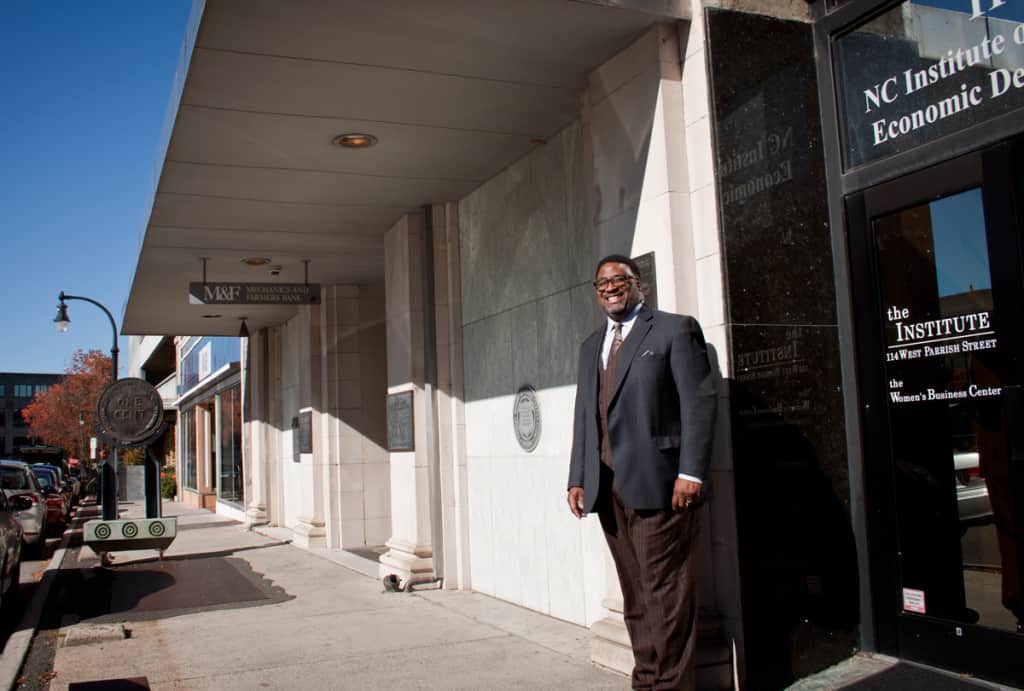

Hear Ali on “Black Wall Street” then and now:
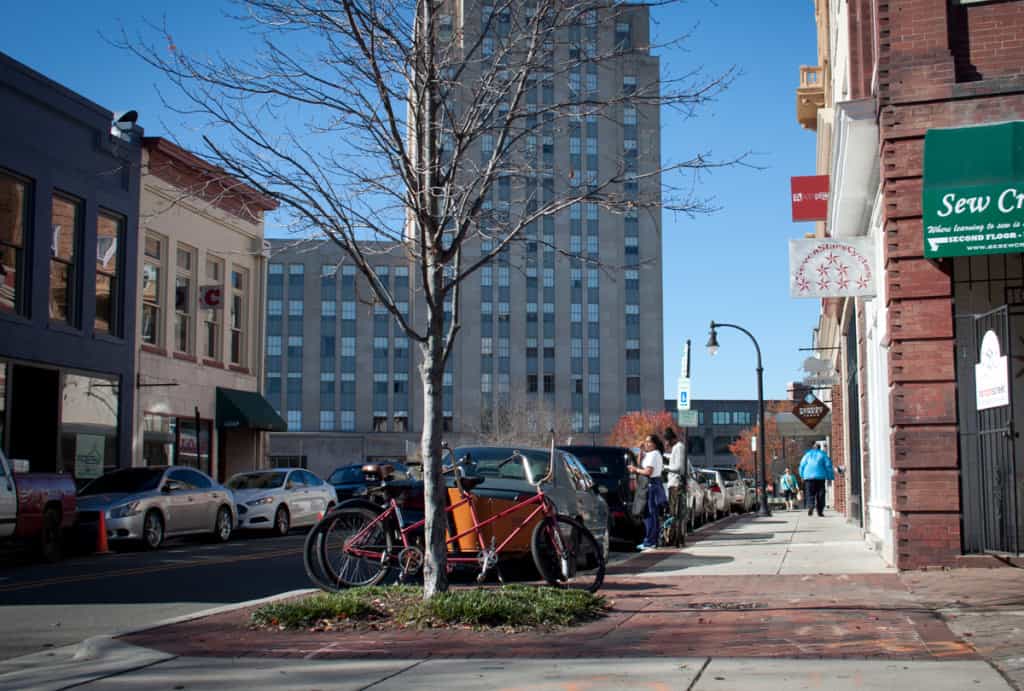

“It’s not only about education. It’s about young men’s social environments, about what opportunities they see and what they can do.” —Farad Ali
![]()
![]()
![]()
![]()
It was those early days in school that set him on this course. “Those engagements and relationships helped to strengthen my social intelligence,” he explains.
Hear Ali on the connections between good education and successful businesses:
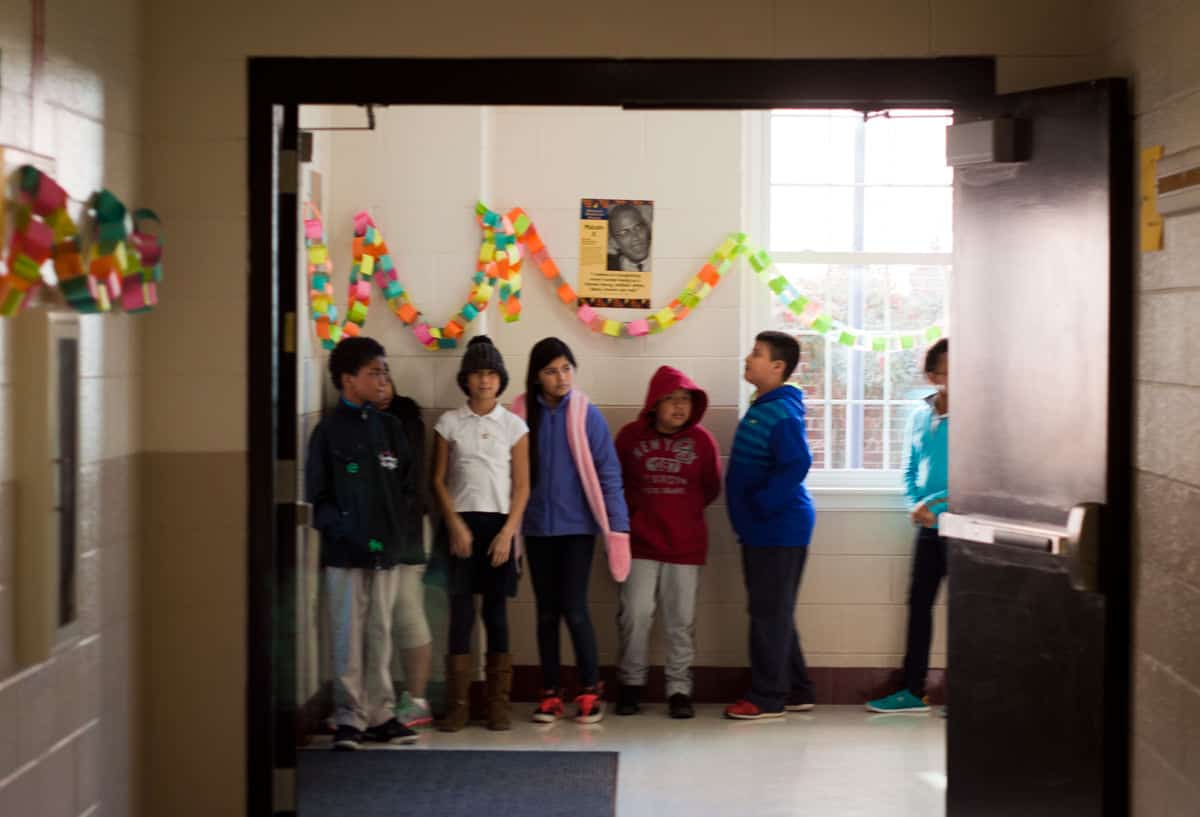



“It’s easier to build boys than it is to mend men. Maya Angelou said, ‘If people know better, they’ll do better.’” — Farad Ali
![]()
![]()
![]()
![]()
“You cannot be what you do not see.” — Pastor Jerome Washington
Today, Ali and other members of that original task force are still advocating to provide young men in Durham’s public schools with the same coaching, motivation, and mentorship he thrived on.
When DPS voted against the proposal, Pastor Jerome Washington of Mt. Vernon Baptist Church — another member of the original task force — turned to his congregation and asked them to help him think of another solution. Like Ali, Pastor Washington sees education as “the only and the safest way to get out of poverty and stay out of poverty.” Leaders in his congregation proposed a charter school: the Thomas B. Bass, Sr. Leadership Academy, named for the late city school board member, noted civic leader, dentist, and member of Mt. Vernon church. The team behind this school, still seeking approval, has now founded a nonprofit.
“We need new tools, new methods … we cannot use a one brush, or one swipe method,” Pastor Washington explains. “The environmental and social factors that children have to deal with today are incredible.”
The team now is piloting their own version of the 2013 proposal. A summer academy for 50-90 kindergarten to eighth grade male students will launch later this year. “Our traditional response and methods have not worked, so why not try something different?” says Pastor Washington. He encourages interested parents to reach out to Mt. Vernon Baptist Church for more details (919-688-1823).
Durham has yet to learn whether single-gender education — with an emphasis on tailor-made mentorship — is a success. In the meantime, Ali says “You have to believe that your investment is connected to you, that helping people helps you. I think when people understand that helping others actually helps them, you invest more deeply.”
Takeaways: Words by Farad Ali
Q: What is the value of “customized” mentoring for young men?
Males — particularly black males — are in distress because of the conditions of society. There’s not a lot of things that really foster or nurture their growth. Giving these young men social and emotional capital can be very valuable for their trajectory. I think providing customized character development is a benefit for everyone.
Q: What keeps you up at night?
Not being able to do the most I can do each day. Each moment we have is important, and it’s fleeting. Being ready to go after it each day, recognizing that there are issues roaring out there like a lion waiting to devour me. Recognizing that those things are just situations — we don’t just go through it, we need to grow through it. I do not fail. I win or I learn. We need to categorize that in a positive space so that we can make an impact.
Q: What lessons can you share?
Change only comes sometimes through agitation. You can be courageous and confrontational to create the positive change that needs to happen. In courage there is some rage. The word rage is embedded in the word courage. You can have managed courage and managed rage to create the change that must happen to create the beauty.
Resources
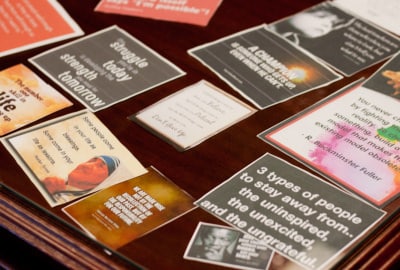

- My Brother’s Keeper (National and Durham, NC)
- INROADS (St. Louis, MO)
- National Association for Choice in Education, previously the National Association for Single-Sex Education
- Thomas Mentor Leadership Academy (Durham, NC)
- The Institute for the Development of Young Leaders (Durham, NC)
- “What we carry,” an EdNC article on the trauma-sensitive learning model
- For more information about the summer academy, contact Pastor Jerome Washington at Mt. Vernon Baptist Church, 919-688-1823

